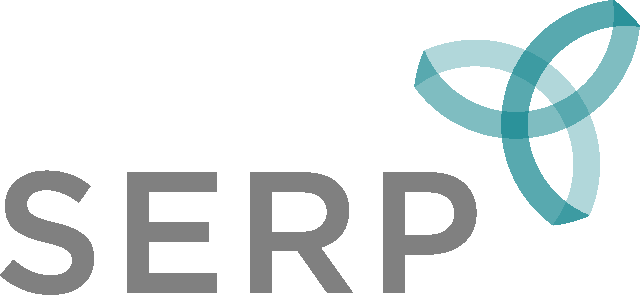Structures, Supports and Resources
Action 7
Support school leaders’ development of instructional improvement partnerships with professional learning leaders.
It is essential that school leaders are supported to understand their district’s general vision of high-quality instruction, as well as the importance of collaborating with professional learning leaders to move toward that vision in their school. The findings of several recent studies point to the limited effectiveness of school leaders working directly with teachers on ambitious instructional improvement, particularly at the secondary level. There is evidence that a collaborative approach is more effective, one in which school leaders create productive conditions for teachers' learning, and professional learning leaders work directly with teachers on instructional improvement.
The Problem
School leaders in many districts are expected to support teachers’ improvement of their classroom practices directly. Particularly in the secondary grades, however, the types of feedback that most school leaders are able to provide to teachers is unlikely to support their development of higher-quality, content-specific instructional practices.
<25> There is some evidence that school leadership professional development can be effective in enabling elementary school leaders to support teachers directly in a single content area if it is year-long and of high quality.
<26> Many districts have interpreted this finding to mean that all principals should play a direct role in giving teachers feedback on instructional improvement. This strategy may be effective at the elementary level if principals are carefully selected for their content and coaching expertise, but it is unlikely to be successful as a broad strategy. Particularly at the secondary level, school leaders usually have only limited background in most content areas and thus only a superficial understanding of high-quality instruction in those content areas. In our experience, the amount of principal professional development that would be required to support teachers’ learning directly even in one content area is impractical for most districts, especially given principals’ other responsibilities.
What Can Be Done?
We suggest that school leaders work in partnership with content area instructional experts (i.e., district content specialists and accomplished coaches) who provide more targeted support to teachers. The principal’s role in the partnership might include:
- Observing classroom instruction with an instructional expert to assess teachers’ current practices.
- Meeting regularly with instructional experts to discuss what they have observed in teachers’ classrooms, identify the focus of future professional development and teacher collaborative meetings, and identify the teachers with whom coaches should work one-on-one most intensively.
- Scheduling time during school hours for teachers to collaborate on instructional improvement, and setting expectations about the focus of these meetings and about their attendance and participation.
- Arranging for instructional experts to support teacher learning by leading teacher professional development, facilitating teacher collaborative meetings, or providing one-on-one coaching.
Though the instructional support provided by school leaders is more indirect, it will nonetheless require significant learning for most school leaders; they must appreciate that supporting students’ attainment of rigorous learning goals requires significant changes not just in what is taught and when it is taught, but also in how it is taught. School leaders who frame the problem of instructional improvement in this way are more likely to seek the advice of district content specialists and coaches. We therefore suggest that professional development for school leaders should aim to support them in understanding that:
- Students need to develop conceptual understanding and competency with disciplinary practices if they are to attain more rigorous learning goals and perform well on more rigorous assessments;
- These student learning goals have implications for what counts as high-quality instruction;
- Teachers’ development of these instructional practices involves significant learning; and
- Teachers therefore require sustained support from accomplished professional learning leaders.
Although providing professional development of this type is a significant undertaking, it is far more feasible than attempting to support school leaders in providing effective direct support for instructional improvement.
While the focus and quality of the professional development that school leaders receive is critical, the extent to which it impacts their leadership practices is strongly influenced by their perceptions of their own accountability. For example, if principals perceive that they are primarily accountable for making significant gains on state assessments in the short term, then they are likely to implement strategies such as “double dose” or second classes in mathematics or literacy that focus on low-level learning goals. In contrast, if they perceive that they are primarily accountable for supporting students’ attainment of rigorous learning goals in the long term, they are likely to implement supports aimed at improving the quality of core instruction as well as supplemental supports that are aligned with core instruction. It is therefore essential that the expectations that district leaders communicate to school leaders are consistent with the district vision of high-quality instruction and emphasize improving the quality of instruction in the long term as well as increasing student achievement in the short term. In addition, it is important that principal supervisors press and support school leaders to capitalize on the expertise of district- and/or school-based content specialists who are knowledgeable about teaching and supporting teachers' learning. We focus on these issues in the next section.
